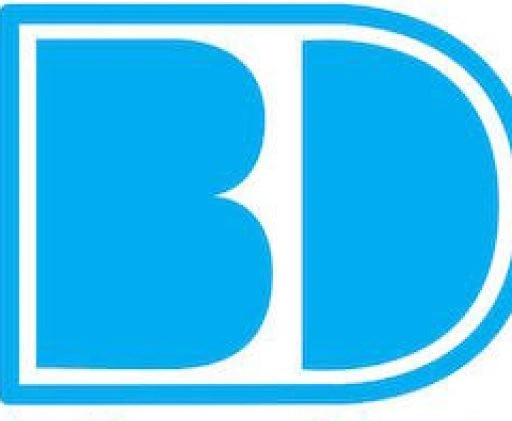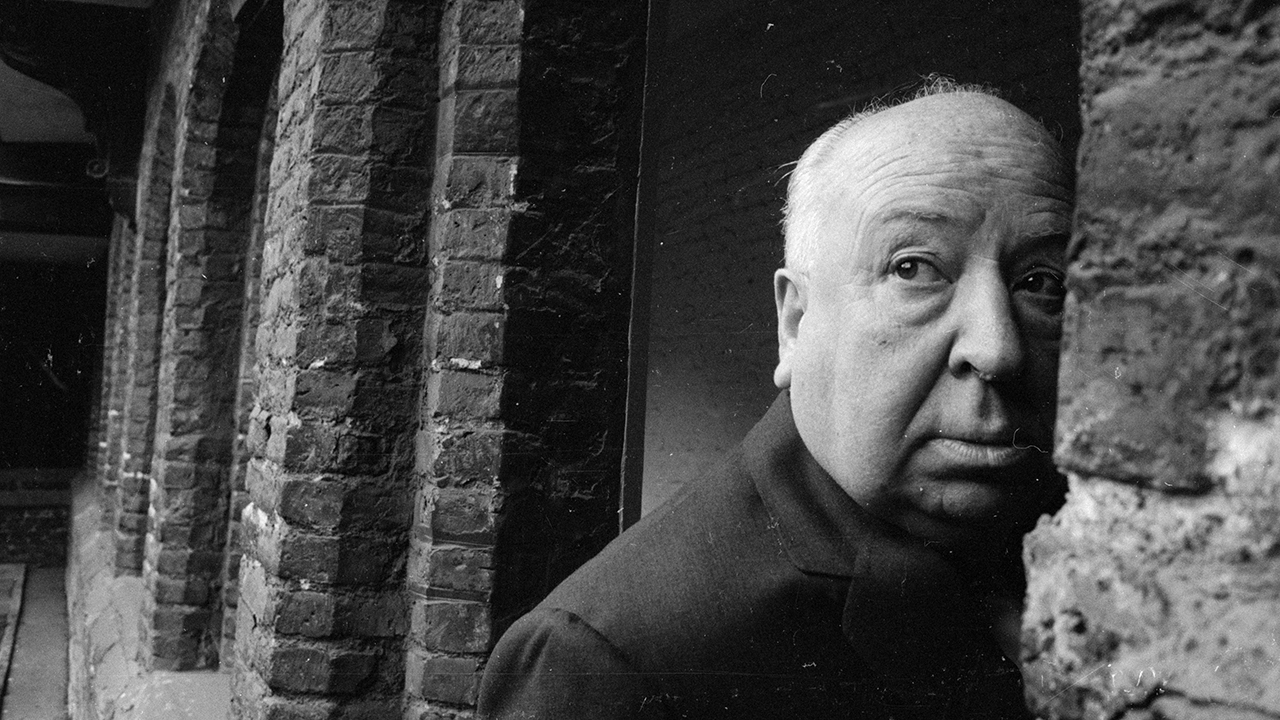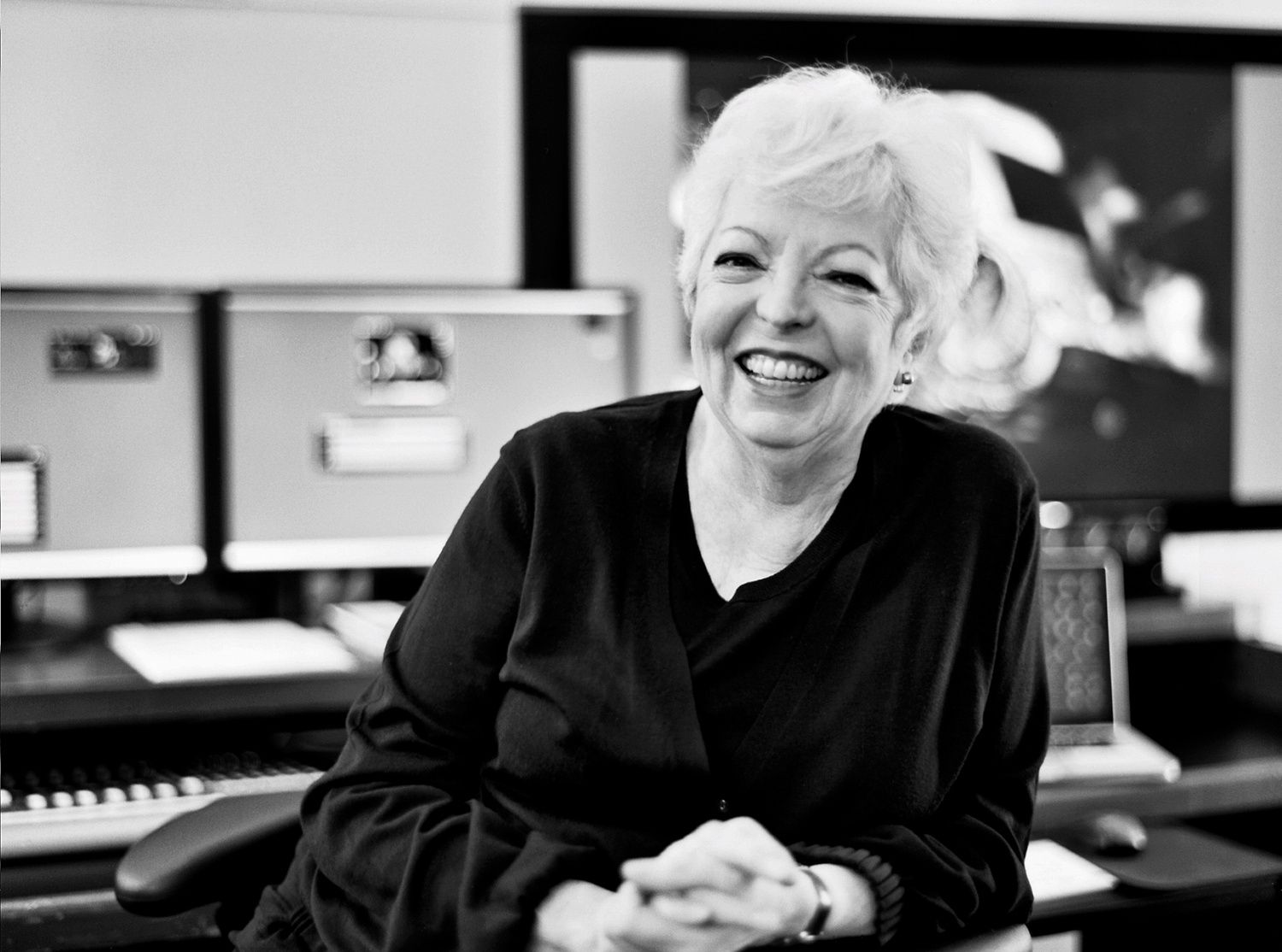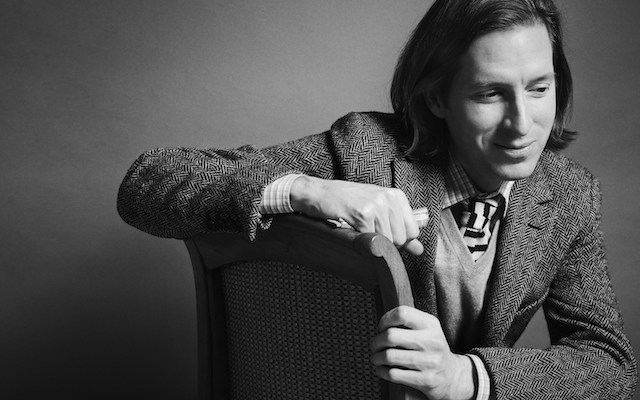In an epic conversation with an intelligent, nosy interviewer Francois Truffaut, Alfred Hitchcock notoriously confessed that he did have a weakness for practical jokes and had played quite a few. Even though the statement seems quite witty, it holds a key to unlock the locks of suspense and fear, that adorning Hitchcock’s immense filmography. Often restricted to his iconic image of the master of suspense, Hitchcock always held his bar high regarding creative insight, experimental genius, and his intuitive reflections about the modus operandi of human minds.
In this brilliant and cunning conversation, Hitchcock lists five cardinal lessons of filmmaking, which are invaluable for not only those who want to make it big in the genre, suspense but the whole young filmmakers who believe in the mystic powers of cinema. The master starts up with the great revelation regarding his keystroke, portraying suspense on screen, and to make a perfect suspense thriller, make the details clearer to the viewer by saying as much as you can.
The most exciting part of the conversation turns up when he draws a clear line of distinction between shock and suspense. Hitchcock introduces a fully packed stadium scenario and suddenly there erupts a rumor that a ticking bomb hidden somewhere. With his typical glint of a genius prankster, Hitchcock tells us that if the bomb goes off, you would have a few seconds of shock and if it would never go off, you can have infinite moments of suspense.
The name Psycho became popular as much as Hitchcock among every movie goer around the world, and the 1960 cult classic movie is an authentic text of cuts and craft of storytelling. With some handpicked visuals from Psycho, Hitchcock explains the importance of cuts in a particular situation, over the content. He emphasizes on cinema as an experience of emotions, presented each time in a unique way.
Even though Hitchcock made movies like The Man Who Knew Too Much (1934) and The 39 Steps (1935) in Britain, he was at his creative best after he had crossed the Atlantic in 1939 to set his foot in Hollywood. Soon it was followed by movies like Rebecca (1940), Psycho (1960), The Birds (1963), and Marnie (1964). He stresses on his favorite part of filmmaking, editing, as he lovingly called it the cut, and points out that how sharp and innovative cuts can be in a brilliantly made movie.
Being a celebrated television personality through his popular television program “Alfred Hitchcock Presents” in the 70s, Hitchcock compares television and cinema and reveals his personal preference. Like his movies, the man is a treat of suspense and a great source of detailed information for those who watch and listen to him with all eyes and ears.
Written By- Ragesh Dipu
Image Courtesy- Peter Dunne/Express/Getty




